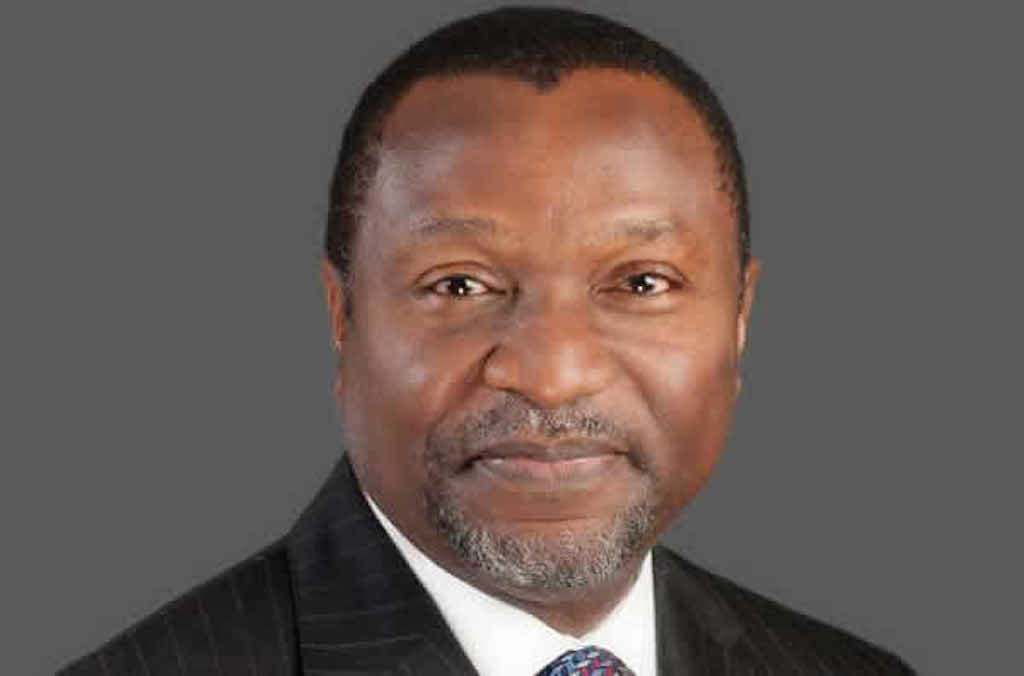
This is no time for sticking to primordial sentiments and blame games. Nigeria must change if it must grow. And that change must begin with President Muhammadu Buhari. He has to be the champion of the vision and lead the charge for change.
President Buhari blames the past administration for the economic recession which Nigeria has plunged into but his minister of budget and planning, Senator Udo Udoma, gave a different perspective on Channels TV recently.
Udome said: “Foreign currency shortage is really responsible for where we are today.” How did this come about?
He explained that oil price dropped from $110 to $30 a barrel in the first quarter of 2016. But then the price has now climbed to $40 which ought to be good news as the 2016 budget was projected on $38 a barrel. Sadly there is another lacuna.
The production of oil, Udoma goes on to stress, dropped from 2.2 million barrels to 1.1 million barrels in 2016 due to militants disrupting activities in the Niger Delta, leading to a loss of N1 trillion revenue in the past few months, thus ushering in the recession. Consequently, revenue loss could grow to N2 trillion less than expected by year end.
Now the government is shopping for $10 to $15 billion to cover the deep shortfall which has badly dented capital expenditure into which only N400 billion has been released for the year.
How does the government seek to raise $10 to 15 billion? Here’s what Udoma says: “We’re looking at asset sales, we are looking at concessioning, we are looking at getting advance payments for licensing rounds and all that.” He most probably is referring to oil marginal fields licensing rounds and concessions. So if you are solid enough, gear up for lucrative oil deals and assets acquisitions.
But as endearing as the minister’s arguments on the cause of the recession are, it is only a part of the whole story.
A key reason not adduced by Udo Udoma is the government’s poor macroeconomic policies, in particular its doomed exchange rate policy. The hardline decision to maintain an overburdened “strong naira” fixed at N197/$ in face of weak fundamentals, brewed an aggressive black market that saw the naira plunge in value to over N400/$ today. Inflation soared. Businesses and manufacturers unable to source forex closed shop and laid off thousands of employees.
Nigeria must be restructured to make each federating unit become economically independent, striving for prosperity and contributing through taxes to the upkeep of the Federal Government.
Some multinationals relocated their investments to other African countries. Foreign airlines unable to repatriate millions of dollars trapped in the country are voting with their wings. So too are portfolio investors. According to a report of the equities segment of the Nigeria Stock Exchange, “foreign portfolio investors, who dominate the market withdrew about N410.49 billion between January and August this year.”
Add the blunder of refusing to allow the value of the naira to drop to the long delays in appointing a cabinet and in approving the 2016 budget, the confidence of investors and markets in Nigeria crashed and many were convinced the Nigerian economy has become a basket case. Indeed, JP Morgan delisted Nigeria from its Government Bond Index-Emerging Markets (GBI-EM).
If you add further, the continued rogue system of delivering monthly handouts or free rents to the hundreds of federal government ministries, agencies and departments, to 36 state governors and 774 local government chairmen, many of who plunder the freebies, it gives the total picture of a totally unserious system managed ironically by a government voted into power on the promise of change.
While the government is moving troops into the Niger Delta ostensibly to dislodge the militants disrupting oil activities, while it is seeking $10 to 15 billion to shore up shortfalls in capital expenditure, it must realise that its capacity to succeed in getting out of the recession into which it has plunged the nation will depend on three things.
One: The government must stop living in denial and stop the unhealthy game of blaming others for its mess. It must accept that its macroeconomic policies were disastrous.
Two: That realisation should be followed up by setting up a strong economic team from both the private and public sectors to advise the President on critical economic policies going forward.
Three: The government must effect radical changes in the sociopolitical and economic structures of the country. The first is to stop the decades old total dependence on oil for foreign exchange earnings. Any yoyo in the global prices brings Nigeria to its knees. Many countries without oil and which cannot boast of Nigeria’s large dynamic population, massive arable lands, minerals and other resources are among the greatest on earth. We must not depend on oil. Instead oil revenues should be warehoused and accessed only as soft loans.
Then Nigeria must be restructured to make each federating unit become economically independent, striving for prosperity and contributing through taxes to the upkeep of the Federal Government. This follows that the rogue cesspool called the federation account by which monthly free loot is handed out must be scrapped. Any governor who lacks the brains, vision and managerial capacity to profitably manage the resources in his state should resign. The late Chief Obafemi Awolowo did not depend on handouts from a federation account to successful manage the old Western Region.
This is no time for sticking to primordial sentiments and blame games. Nigeria must change if it must grow. And that change must begin with President Muhammadu Buhari. He has to be the champion of the vision and lead the charge for change.
Ken Tadaferua is a media and marketing communications consultant. Twitter: @ktadaferua
PremiumTimes
END

Be the first to comment